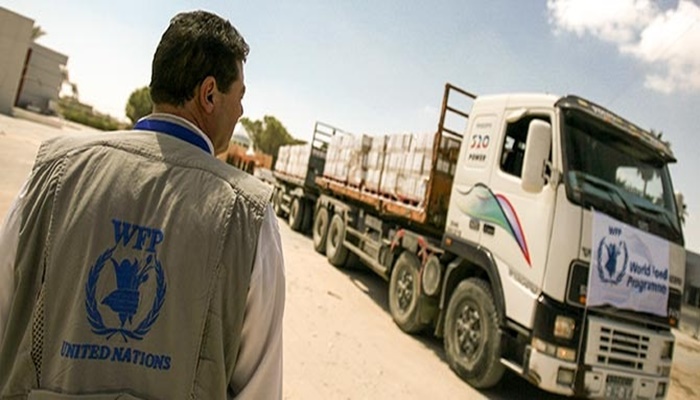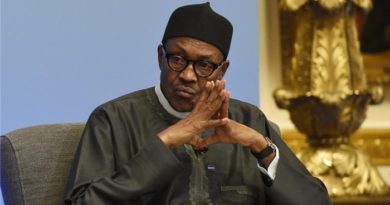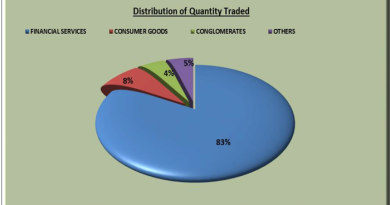WFP chief calls for stepped-up efforts to overcome Northeast Nigerian crisis
After talks with top officials and people left destitute by the crisis in Northeast Nigeria, United Nations World Food Programme (WFP) Executive Director David Beasley on Wednesday hailed the massive and joint push by Nigerian authorities and humanitarian workers to save lives, but warned the momentum must continue in the face of a complex and challenging emergency.
“We are seeing the power of humanitarian assistance,” said Beasley, following a trip to Maiduguri, the capital of Borno State that is hardest hit by the Boko Haram-driven crisis.
“It has changed the lives of malnourished children whose mothers once worried about whether they would survive,” he said. “It is giving hope to many displaced and hungry people, and to others who are now returning home. Together, we are making a difference, but we must build on these fragile successes.”
Beasley’s two-day visit to Nigeria— his first since being appointed in March to head WFP— included meetings with Vice-President Yemi Osinbajo and Borno State Deputy Governor Usman Durkwa.
He also spoke with community leaders and young mothers at the National Youth Service Corps (NYSC) camp in Maiduguri, a city that shelters hundreds of thousands fleeing hunger and conflict.
Across Northeast Nigeria this year, WFP through its partners has been delivering monthly food and nutritional assistance to more than a million extremely vulnerable people. Thanks to generous donor contributions, our steady support helps to stabilize lives.
But the overall situation remains extremely worrying. The June-September lean season has worsened malnutrition in many places.
Insecurity, poor roads and a backup at Lagos port are thwarting WFP’s current ability to reach more remote areas and deliver imported specialized nutritional supplements to some of the children who need it.
Beasley warned of the broader impact of the crisis that goes beyond Nigeria and spreads across the four-nation Lake Chad Basin region that also includes Niger, Chad and Cameroon.
“This is a major crisis that needs a security, humanitarian and development component — these are key to resolving it in the short and long term,” he said. “The international community cannot afford to ignore this problem, or it risks getting much worse.”
Beasley also noted the Nigerian government’s significant hunger-fighting commitments, which include a recent donation of 5,000mt of rice to WFP’s operations. Authorities have launched a separate relief initiative aimed to distribute 30,000mt of rice to hungry people in six Nigerian states.
For its part, WFP has purchased nearly $95 million worth of locally grown food for its operations, and injected an overall US$212 million into the Nigerian economy if cash transfers, transport, local salaries and other expenditures are taken into account.




